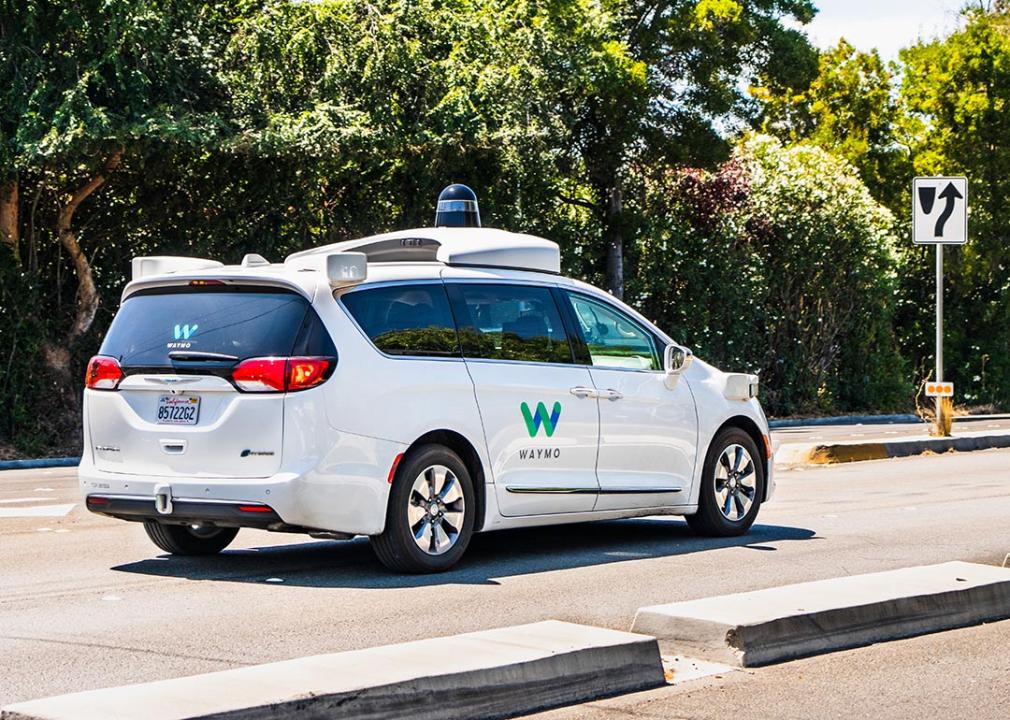
The recent incident involving a Waymo Google self-driving car being set ablaze in San Francisco raises some big questions. Are we ready for self-driving cars?
In recent years, the automotive industry has experienced unprecedented technological advancements. With Tesla leading the charge, the pace has been cranked to eleven. From electric vehicles revolutionizing the way we drive to autonomous features reshaping the concept of mobility, innovation knows no bounds. Cars are becoming smarter, safer, and more efficient with each passing day. But the recent story emerging from San Francisco raises some serious questions.
Way.com looks at a recent incident that occurred with one of Google's driverless vehicles in San Francisco to answer the question of whether the city—and society at large— is ready to adopt these vehicles for service.
San Francisco finds itself at a crossroads with the fiery incident involving a Waymo self-driving taxi. A Waymo robotaxi was vandalized and set on fire by a group of individuals. The incident happened during the Lunar New Year celebrations in San Francisco's Chinatown.
Thankfully, no one was injured, but the incident sent shockwaves through the city. While the motive remains unclear, it highlights the simmering tensions between some residents and the burgeoning self-driving car industry.
Waymo One is the world's first autonomous ride-hailing service. Currently, the services are available in selected cities, including Phoenix and San Francisco, with Los Angeles and Austin promised to come soon. Waymo taxis operate entirely on electric power and utilize 100% renewable energy sources. Waymo's mission is to provide safer, easier mobility, saving lives lost in road crashes.
Recent incidents have sparked renewed debate about the safety of Waymo's self-driving taxi service. Last year, one of its vehicles was involved in a fatal incident involving a dog.
Similarly, in a recent incident, a driverless Waymo vehicle struck a cyclist in San Francisco, resulting in minor injuries. These events have raised concerns about Waymo's autonomous driving technology and its ability to safely navigate populated urban areas.
The primary concern lies with the safety of these vehicles. Last year, the DMV banned Cruise robotaxis in San Francisco, citing concerns about public safety. The decision was the direct result of a grisly accident involving a pedestrian and a Cruise AV.
Beyond safety, the integration of Waymo taxis raises social and economic questions. People fear the impact on jobs, particularly in the taxi and ride-sharing sectors.
Some worry about job displacement, fearing that self-driving vehicles will render human drivers obsolete. The reliability of the technology and its potential for accidents is another gray area. Additionally, privacy concerns loom large, with individuals wary of the data collection practices employed by these autonomous vehicles.
In San Francisco, autonomous vehicles (AVs) have a history of stalling, commonly known as "bricking." This often occurs during festivals and crowded events.
San Francisco's fiery incident is a stark reminder that the path toward a self-driving future is not without its challenges. Public trust, clear regulations, and open communication are crucial for navigating the complexities of this technological leap. While Waymo One offers an exciting glimpse into the future, the question remains: are we, as a society, prepared to embrace it?
There's no clear yes-or-no answer to this question as of now. Nonetheless, we aspire to foster a society free from all forms of discrimination, including bias against self-driving robocars.